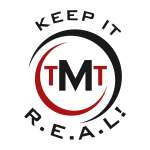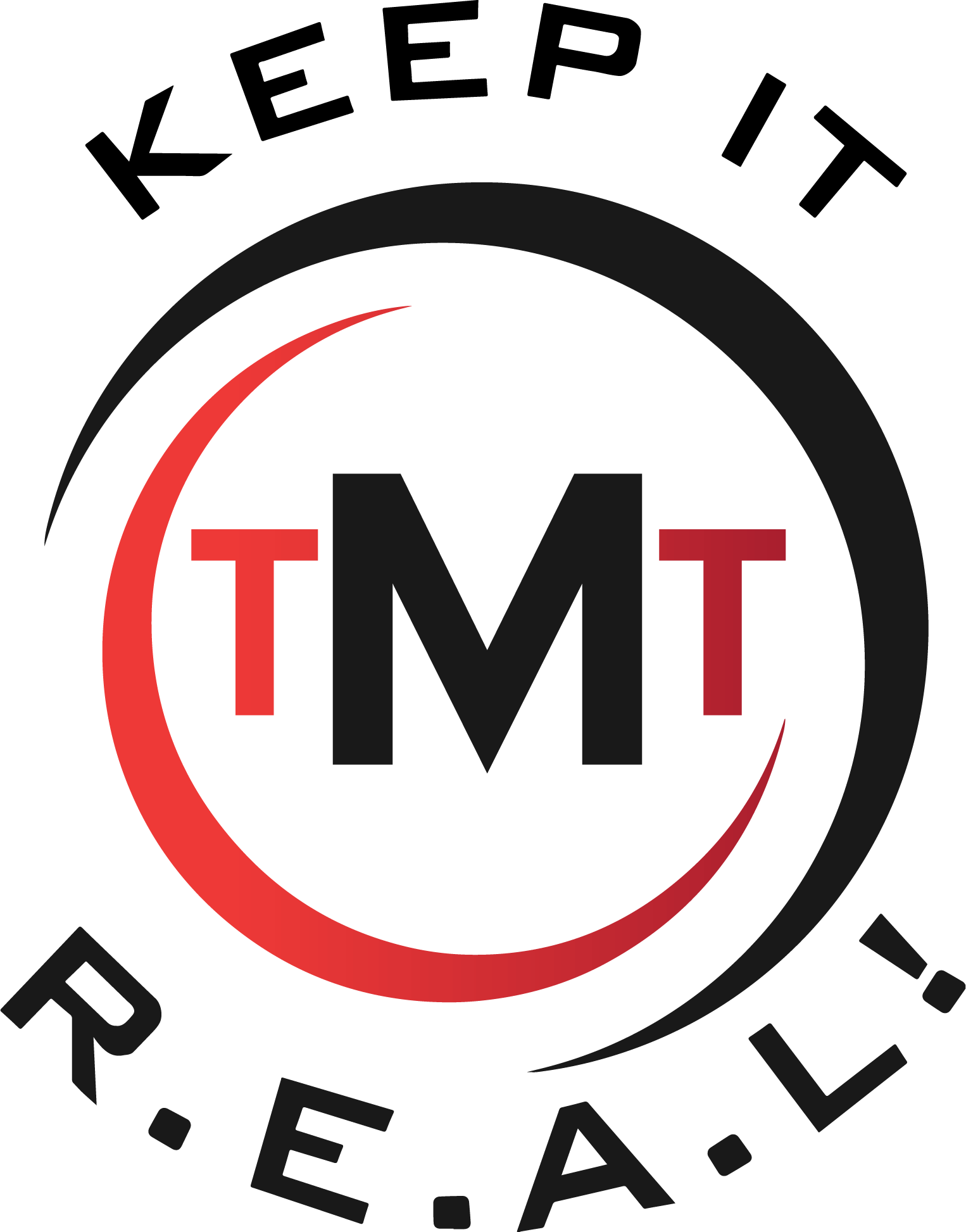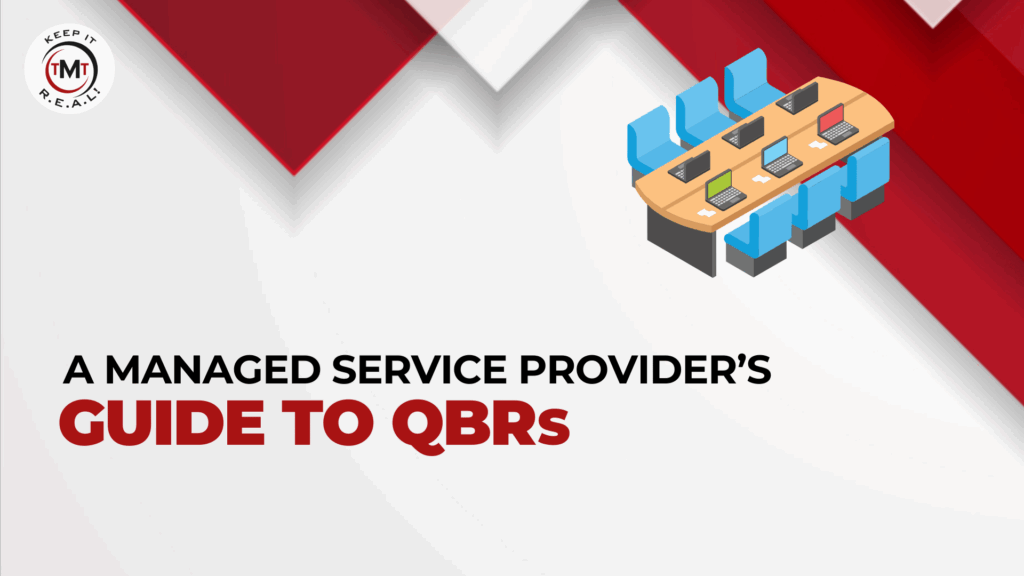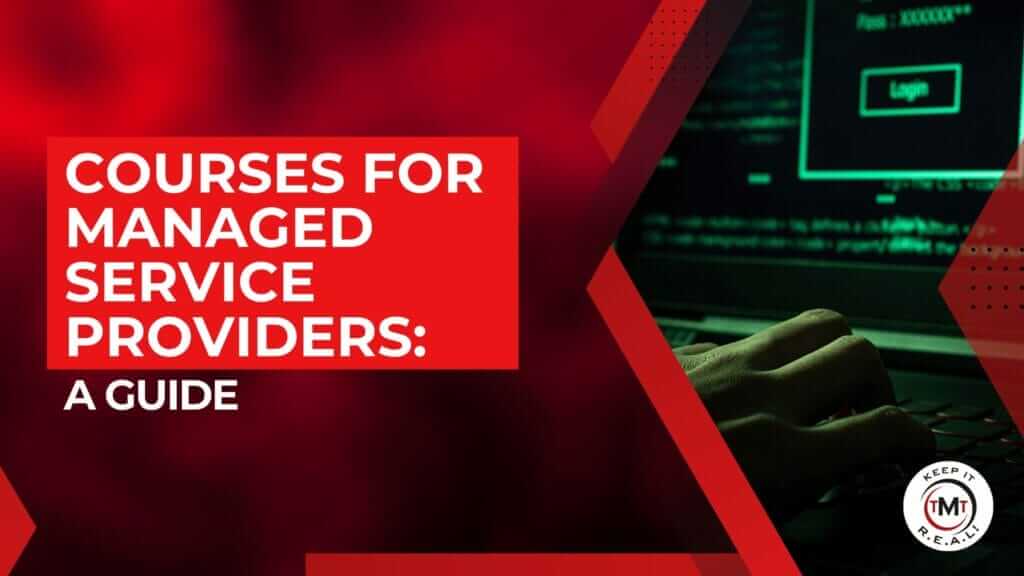In today’s fast-paced business environment, Managed Service Providers (MSPs) are constantly seeking ways to streamline their operations, increase efficiency, and enhance client satisfaction. One solution that has gained significant popularity is outsourcing help desks. By partnering with external service providers, MSPs can take advantage of specialized expertise, cost savings, and scalability. In this article, we will explore the concept of outsourced help desks, their advantages, key considerations when outsourcing, and how MSPs can successfully implement them.
Understanding The Concept Of Outsourced Help Desks
Before delving into the benefits of outsourcing, it is crucial to have a clear understanding of what outsourced help desks actually entail. Simply put, outsourced help desks involve engaging a third-party service provider to handle customer support and technical assistance on behalf of the MSP. These providers are equipped with skilled professionals who possess the knowledge and experience to address a wide range of client needs.
Outsourced help desks operate as an extension of the MSP’s team, seamlessly integrating with their existing infrastructure to provide a cohesive support system for end-users. By entrusting external experts with customer service responsibilities, MSPs can leverage specialized skills and resources that may not be available in-house, leading to enhanced service delivery and customer satisfaction.
Defining Outsourced Help Desks
Outsourced help desks are specialized service offerings where MSPs contract external providers to handle various support functions. These functions may include ticket resolution, incident management, troubleshooting, and other customer support tasks. By outsourcing these tasks, MSPs can focus on their core competencies and strategic initiatives, thereby increasing overall operational efficiency.
External help desk providers often operate on a 24/7 basis, ensuring round-the-clock support for clients across different time zones. This continuous availability helps MSPs deliver exceptional service levels and maintain a competitive edge in the market. Outsourced help desks can scale their operations based on the MSP’s requirements, offering flexibility and agility to meet fluctuating support demands.
The Role Of Help Desks In MSPs
Help desks play a critical role in the success of MSPs. They act as a central point of contact for customers who require assistance or encounter technical issues with the services provided. Help desks are responsible for promptly addressing customer inquiries, ensuring timely incident resolution, and providing high-quality support to maintain customer satisfaction. By outsourcing these help desk functions, MSPs can free up valuable internal resources and redirect them towards core business activities.
Outsourced help desks also contribute to cost savings for MSPs by eliminating the need for extensive in-house support infrastructure and staff training. The external providers bring industry best practices and specialized tools to the table, streamlining support processes and optimizing efficiency. This strategic partnership between MSPs and outsourced help desk providers fosters collaboration and innovation, driving continuous improvement in service delivery and overall business performance.
The Advantages Of Outsourcing Help Desks For MSPs
Outsourcing help desks has become an increasingly popular choice for MSPs looking to streamline their operations and enhance customer support. By partnering with external providers, MSPs can tap into a range of benefits that contribute to their overall success.
Cost Efficiency And Savings
One of the primary advantages of outsourcing help desks is the significant reduction in operational costs. By relying on external providers, MSPs can eliminate the need for extensive internal infrastructure, such as dedicated office space and technology equipment. This not only saves on upfront investment, but also reduces ongoing maintenance expenses.
Outsourcing help desks allows MSPs to avoid the costs associated with hiring and training support staff. Instead, they can rely on the expertise of the outsourced team, who are already well-versed in customer support and technical assistance. This eliminates the need for time-consuming recruitment processes and ensures that MSPs can focus on their core business functions.
Additionally, outsourced help desks often operate on a scalable pricing model, enabling MSPs to pay only for the services they utilize. This flexibility provides cost savings by avoiding unnecessary expenses during periods of low support volume. MSPs can scale their support resources up or down as needed, ensuring optimal cost efficiency.
Access To Specialized Expertise
Outsourced help desks are staffed with experienced professionals who possess a deep understanding of customer support and technical assistance. These experts have honed their skills through years of handling various support scenarios, making them well-equipped to handle complex issues with ease.
By leveraging the specialized expertise of outsourcing partners, MSPs can enhance the overall quality of their support services. The outsourced team’s in-depth knowledge and problem-solving abilities translate into faster resolution times, minimizing customer downtime and frustration. This, in turn, leads to improved customer satisfaction and retention, as clients feel confident in the MSP’s ability to address their needs effectively.
Scalability And Flexibility
One of the key advantages of outsourcing help desks is the ability to scale resources according to fluctuating support demands. External providers have the capacity to rapidly expand or reduce their team size based on MSPs’ requirements, ensuring that the right level of support is always available.
With outsourced help desks, MSPs can effortlessly handle seasonal spikes in support requests, product launches, or unexpected increases in customer inquiries. The outsourced team can quickly adapt to these fluctuations, ensuring that service levels are consistently maintained, even during periods of high demand. This scalability and flexibility allow MSPs to provide uninterrupted support to their clients, regardless of external circumstances.
Outsourcing help desks offers MSPs a range of advantages, including cost efficiency, access to specialized expertise, and scalability. By leveraging the capabilities of external providers, MSPs can optimize their operations, enhance customer support, and ultimately drive their business forward.
Key Considerations When Outsourcing Help Desks
Choosing The Right Outsourcing Partner
When selecting an outsourcing partner for help desk services, MSPs should consider several key factors to ensure a successful partnership. One crucial aspect to evaluate is the provider’s reputation in the industry. By conducting thorough research and seeking feedback from other clients, MSPs can gain insights into the outsourcing partner’s track record and determine if they have a history of delivering exceptional service.
In addition to reputation, industry experience is another vital consideration. MSPs should collaborate with a partner who has a deep understanding of the specific challenges and requirements within the MSP industry. This expertise allows the outsourcing provider to offer tailored solutions that align with the MSPs’ unique business needs, ultimately enhancing customer satisfaction.
Technical capabilities also play a significant role in the selection process. MSPs should assess the outsourcing partner’s technological infrastructure, ensuring that it is robust and scalable to handle the demands of their help desk operations. This includes evaluating the partner’s hardware, software, and network capabilities to ensure seamless integration and efficient service delivery.
Lastly, service level agreements (SLAs) are critical in defining the expectations and responsibilities of both parties. MSPs should carefully review the SLAs offered by potential outsourcing partners, ensuring that they align with their own service standards and customer expectations. Clear communication and mutual understanding of the SLAs are essential to establish a strong foundation for the partnership.
Ensuring Quality Control
While outsourcing help desks can bring numerous benefits, maintaining quality control over the customer support process is of utmost importance. MSPs should implement robust quality assurance practices to ensure consistent and high-quality support experiences for their customers.
Establishing clear communication channels is vital to ensure effective collaboration between the MSP and the outsourcing partner. Regular meetings, feedback sessions, and open lines of communication allow both parties to address any concerns, make necessary adjustments, and ensure that the help desk services align with the MSPs’ standards and customer expectations.
Defining performance metrics is another crucial aspect of quality control. MSPs should work closely with the outsourcing partner to establish measurable goals and key performance indicators (KPIs) that align with their business objectives. Regular monitoring of these metrics allows both parties to identify areas for improvement and take proactive steps to enhance the overall support experience.
By implementing robust quality assurance practices, MSPs can ensure that their customers receive consistent and exceptional support, regardless of whether it is provided in-house or outsourced.
Managing Security And Compliance
When outsourcing help desks, security and compliance become paramount considerations for MSPs. Protecting sensitive customer information and ensuring compliance with industry regulations are essential to maintain trust and meet legal obligations.
MSPs must ensure that their outsourcing partner adheres to industry regulations and maintains robust data protection measures. This includes secure data transfer protocols, confidentiality agreements, and compliance with relevant standards such as the General Data Protection Regulation (GDPR) or the Health Insurance Portability and Accountability Act (HIPAA).
By establishing comprehensive security protocols, such as encryption, access controls, and regular security audits, MSPs can safeguard sensitive customer information and mitigate the risk of data breaches. Regular monitoring and auditing of the outsourcing partner’s security practices are crucial to ensure ongoing compliance and maintain a secure environment for customer data.
When outsourcing help desks, MSPs should carefully consider the reputation, industry experience, technical capabilities, and SLAs of potential partners. Implementing robust quality control measures and managing security and compliance are essential to ensure a successful and secure outsourcing partnership.
Implementing Outsourced Help Desks In MSPs
Transitioning From In-house To Outsourced
The transition from an in-house help desk to an outsourced model requires careful planning and execution. MSPs should communicate the change effectively to their teams, emphasizing the potential benefits and addressing any concerns. Proper knowledge transfer and documentation are crucial to ensure a smooth handover of support functions. Close collaboration with the outsourcing provider during the transition phase enhances the integration of processes and systems.
During the transition, it is essential for MSPs to consider the impact on their existing team members. Open and transparent communication is key to alleviating any fears or uncertainties that may arise. By involving the in-house team in the decision-making process and explaining the rationale behind the transition, MSPs can foster a sense of ownership and cooperation. This approach not only helps to ease the transition, but also ensures that the in-house team feels valued and supported throughout the process.
It is important for MSPs to conduct a thorough assessment of their current help desk operations before outsourcing. This evaluation allows them to identify any areas that need improvement and determine the specific functions that would benefit from outsourcing. By understanding their strengths and weaknesses, MSPs can strategically select an outsourcing partner that complements their existing capabilities and aligns with their long-term goals.
Training And Integration Process
Once the transition is complete, MSPs should provide proper training and resources to the outsourced help desk team. This training should cover the MSPs’ unique service offerings, service level expectations, and customer service best practices. By facilitating knowledge transfer and integration, MSPs can achieve a seamless client experience that reflects their brand values.
In addition to training, MSPs should establish clear communication channels and protocols to ensure effective collaboration between the in-house team and the outsourced help desk. Regular meetings, virtual or in-person, can help foster a sense of unity and shared goals. By creating a culture of collaboration and mutual support, MSPs can maximize the benefits of outsourcing and create a cohesive team that delivers exceptional customer service.
Monitoring And Evaluating Performance
Continuous monitoring and evaluation of the outsourced help desk’s performance are vital for success. MSPs should establish metrics to measure KPIs such as response time, customer satisfaction, and first-call resolution rate. Regular performance reviews and feedback sessions with the outsourcing partner allow for ongoing improvement and alignment with the MSPs’ objectives.
MSPs should also consider implementing a robust quality assurance program to ensure consistent service delivery. This program can include regular audits, customer surveys, and mystery shopping exercises to assess the outsourced help desk’s adherence to SLAs and customer service standards. By maintaining a focus on quality and continuous improvement, MSPs can build a reputation for excellence and differentiate themselves in the competitive IT service industry.
Conclusion
Outsourcing help desks can be a game-changer for MSPs, offering cost efficiency, access to specialized expertise, scalability, and flexibility. By carefully considering outsourcing partners, ensuring quality control, managing security and compliance, and effectively implementing outsourced help desks, MSPs can boost efficiency, improve customer satisfaction, and achieve long-term success in the dynamic IT service industry.
While optimizing operational efficiency through outsourcing is vital, equally important is effectively marketing your MSP to attract and retain clients. Strengthening your marketing strategy can significantly impact your business growth and visibility. Sign up for Technology Marketing Toolkit’s next FREE MSP Marketing Training to learn powerful techniques and strategies that will elevate your business to the next level!

